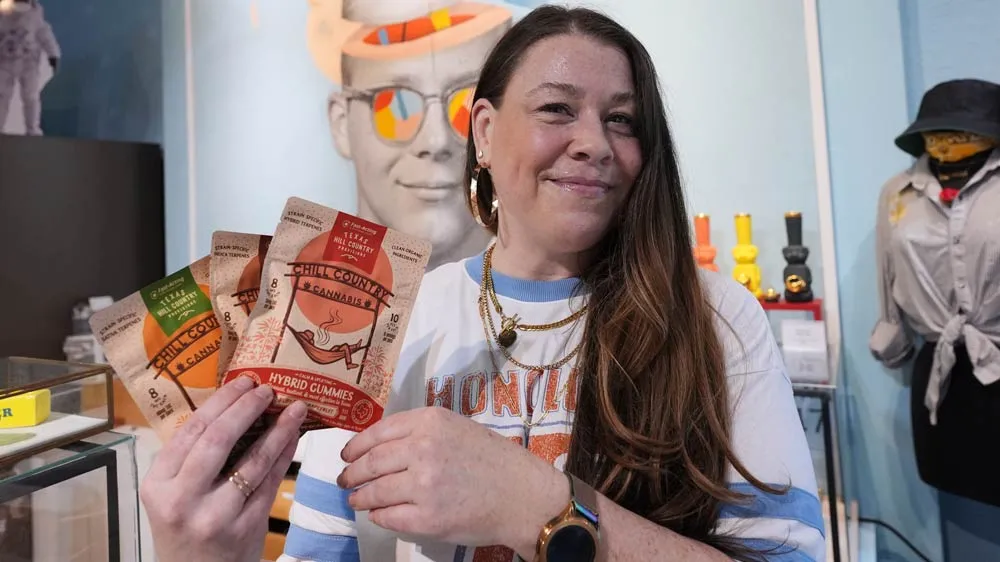February 26, 2013
Romney Strategist Blames Views on Gay Rights for Loss
Jason St. Amand READ TIME: 2 MIN.
In a Monday op-ed piece for the Washington Post, the lead strategist for Mitt Romney's 2012 presidential campaign complained that the Republican presidential candidate didn't lose the election because of the "technological gap" between the candidates, but because of his candidate's negative stance on social issues, particularly like gay marriage.
"I don't think it's very controversial to suggest that a candidate who favors gay marriage and free contraception might have more appeal to a younger demographic," Stuart Stevens wrote. "Does anyone want to argue that free contraception is seen as a more pressing issue to your average 21 year old than to a 55-year-old voter, or that there are more gay rights organizations on college campuses than in VFW halls?"
Stevens expresses regret that Romney's campaign's was clueless about technology and social media but acknowledges that that was "would be relatively easy to fix." Instead, he writes, "A Republican renaissance will inevitably be driven by policy. Parties must constantly reinvent themselves and prove their relevance to voters. For Republicans, this can't be an either/or choice. We need to be omnivorous in our development and consumption of new technology tools and relentless in our dedication to speak for the majority of Americans. One without the other will fail."
In a blog, the Post's Chris Cillizza responded to Stevens' op-ed piece by noting that "Barack Obama's campaign was light years ahead of where Romney's was in terms of how to use technology to reach voters -- especially young ones." He adds that Obama won the under-30 year voters overwhelmingly. "While those two facts are related, one is the not the direct result of the other," he concludes.
The simple fact, he added, "is that Republicans lost so badly among young people -- Obama took 60 percent to 37 percent for Romney among voters under 30 according to exit polling -- because their messaging didn't appeal to the group. Romney spent too much of the campaign talking about the need to avoid raising taxes on the wealthiest Americans and deflecting outside-of-the-mainstream views on social issues held by some within his party."
Technology without a powerful underlying message is just "lots of fancy tools that don't/won't do much," Cillizza notes, adding that there is "little evidence in the exit polling to suggest that gay marriage or free contraception played a major role in determining how voters under 30 chose their candidate."
Over 50 percent of voters between the ages of 18 to 29 believed the economy was the most important issue to them; 21 percent said health care. "In theory, those 'health care' voters could have contraception as part of their issue matrix but seeing as how 18 percent of the overall population called health care their most important voting issue that seems unlikely," Cillizza wrote.
Romney is set to give his first post-election interview on Fox News on Sunday. Whether he explains why he did a 180-degree turn on LGBT issues from his unsuccessful run against Teddy Kennedy for the U.S. Senate from Massachusetts remains to be seen.



